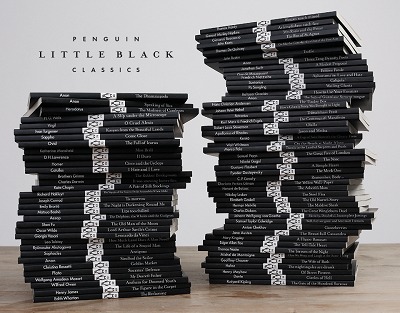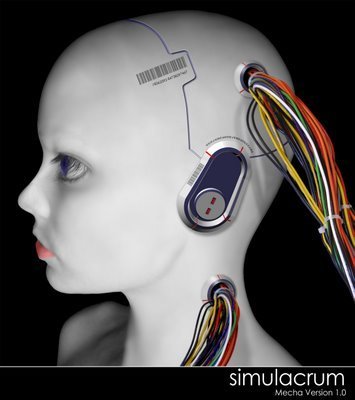What do you think?
Rate this book


288 pages, Paperback
First published February 21, 1848





The bourgeoisie, by the rapid improvement of all instruments of production, by the immensely facilitated means of communication, draws all, even the most barbarian, nations into civilization. The cheap prices of its commodities are the heavy artillery with which it batters down all Chinese walls, with which it forces the barbarians’ intensely obstinate hatred of foreigners to capitulate. [...]I’m eager to synthesize this with later developments in:
United action [of the proletariat of the world], of the leading civilized countries at least, is one of the first conditions for the emancipation of the proletariat.
Constant revolutionising of production, uninterrupted disturbance of all social conditions, everlasting uncertainty and agitation distinguish the bourgeois epoch [i.e. capitalism, with its singular endless profit-seeking, competition’s “creative destruction”, boom/bust volatility] from all earlier ones. All fixed, fast-frozen relations, with their train of ancient and venerable prejudices and opinions, are swept away, all new-formed ones become antiquated before they can ossify. All that is solid melts into air, all that is holy is profaned, and man is at last compelled to face with sober senses, his real condition of life, and his relations with his kind.--"The need of a constantly expanding market for its products chases the bourgeoisie over the whole surface of the globe. It must nestle everywhere, settle everywhere, establish connections everywhere.”